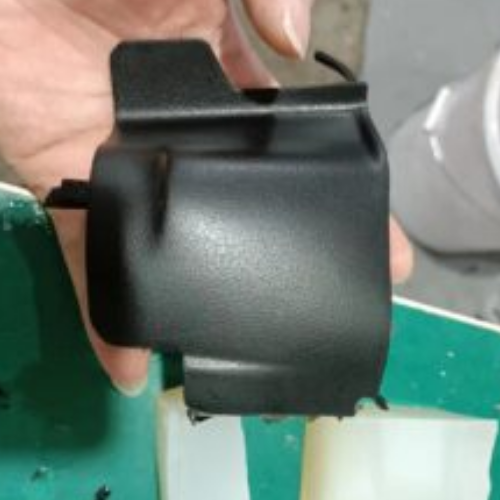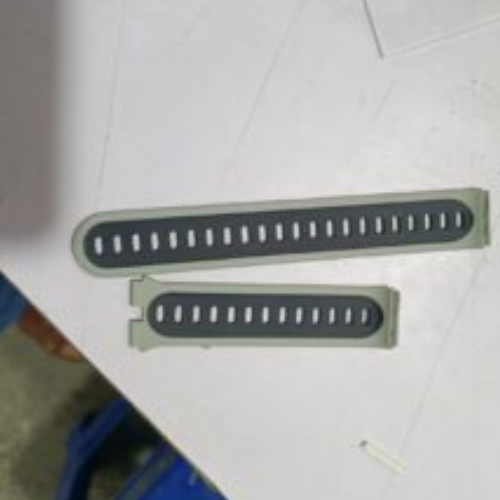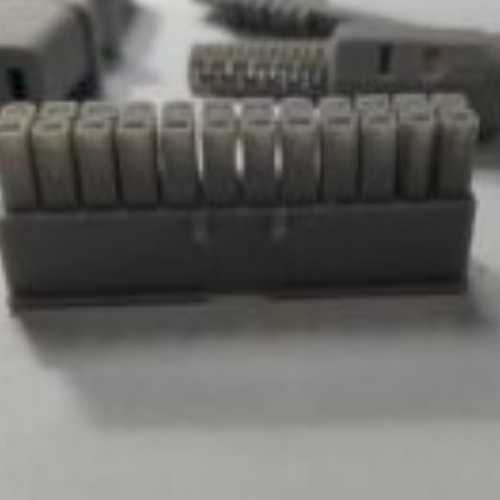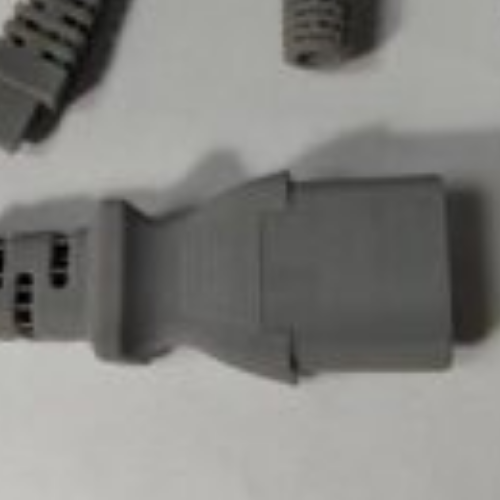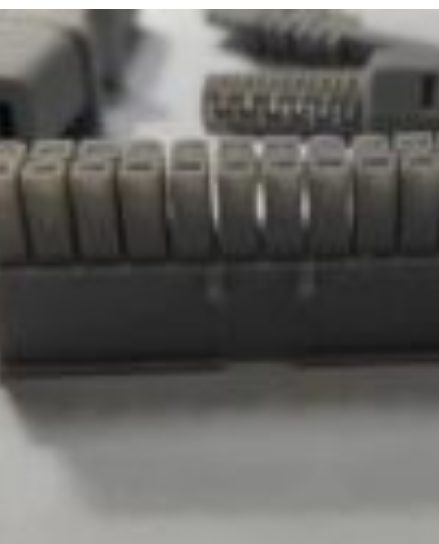
Vacuum Casting
Vacuum casting, also known as vacuum-assisted casting or polyurethane vacuum casting, is a rapid prototyping and low-volume production method used to create high-quality replicas of prototypes or small-scale production parts. It’s particularly well-suited for producing functional prototypes, limited production runs, or components with intricate geometries.
Vacuum casting, a pivotal player in the realm of rapid prototyping, empowers your vision to materialize with unparalleled accuracy. Through a meticulous process, we replicate intricate details and complex geometries, ensuring your prototypes mirror the final product’s characteristics. Our cutting-edge vacuum casting technology creates multiple high-quality replicas from a master pattern, making it an ideal choice for testing, validation, and market research.
Benefits of Vacuum Casting:
High Detail Reproduction: The vacuum casting process allows for the replication of intricate details and complex geometries present in the master model.
Material Variety: Different types of polyurethane resins can be used, offering a range of properties such as flexibility, transparency, or mechanical strength.
Short Lead Times: Vacuum casting offers a relatively fast turnaround compared to traditional manufacturing methods, making it ideal for rapid prototyping and small-batch production.
Cost-Effective: Vacuum casting is cost-effective for producing small quantities of parts, especially when compared to the tooling costs associated with other manufacturing methods like injection molding.
Functional Prototyping: The cast parts can closely simulate the appearance, feel, and functionality of the desired final product, making them suitable for testing and functional prototypes.
Limitations of Vacuum Casting:
However, it’s important to note that vacuum casting might have limitations such as size constraints, limited material choices, and potential surface imperfections. The success of the process depends on the quality of the master model, the expertise of the operator, and the suitability of the casting material for the intended application. Below are some limitations of vacuum casting:
Limited Production Runs: Vacuum casting is ideal for producing small quantities of parts, typically in the range of 15 to 30 parts per mold. It might not be cost-effective or practical for large-scale production.
Material Limitations: Not all materials are suitable for vacuum casting. Some plastics and metals cannot withstand the high temperatures involved in the process, limiting the range of materials that can be used.
Lower Mechanical Properties: Parts made through vacuum casting may have lower mechanical properties than those produced through injection molding or other manufacturing processes. This can limit their use in applications where strength and durability are critical.
Mold Lifespan: The molds used in vacuum casting, typically made of silicone, wear out relatively quickly. This means that new molds need to be produced frequently, which can increase costs and time.
Complexity of the Process: Vacuum casting requires a high level of expertise and precision. Any errors in the process, such as air bubbles in the mold or inaccuracies in the master model, can lead to defects in the final parts.
Post-Processing: Some vacuum cast parts may require additional finishing or post-processing steps to achieve the desired aesthetic or functional characteristics, adding to the overall production time and cost.
Dimensional Accuracy: While vacuum casting can produce parts with good detail and accuracy, it may not be as precise as other methods such as CNC machining or injection molding, especially for parts with very tight tolerance requirements.
Consulting and Planning
In addition to our 3d printing services, we also offer a range of value-added services to support our clients throughout the entire manufacturing process. At GDC Manufacturing, we understand that every project is unique and may require specialized knowledge and expertise. That is why consulting services to assist our clients in every step of the manufacturing process is included at no additional cost (minor exceptions apply). Our team of experienced engineers and machinists will work with you to evaluate your project requirements and provide expert advice on the best manufacturing methods, materials, and tolerances to ensure that your project is completed to your satisfaction. With our consulting services, you can have peace of mind knowing that your project is in good hands.
Our team of experts will work closely with you to understand your specific needs and requirements. We will then use our extensive experience and knowledge to develop a comprehensive plan that outlines the best approach for your project. We take into consideration factors such as project timeline, budget, and materials to ensure that we are able to deliver a finished product that meets your expectations and exceeds your requirements. Whether you are looking to create a one-of-a-kind prototype or to bring a new product to market, our team is here to help you every step of the way.
With our commitment to quality, precision, and customer service, we are dedicated to helping our clients achieve their goals and bring their ideas to life.
